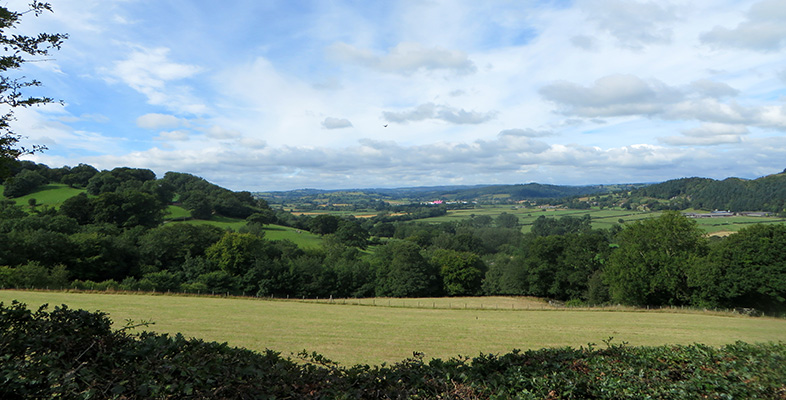2.6 Stakeholders
There are many different stakeholders in a business. The first people who often spring to mind are the financial stakeholders and they are indeed important, but ‘stakeholders’ can be defined much more broadly as the range of people who have an interest in the company.
Freeman (1984) defines stakeholders as ‘any group or individual who can affect or is affected by the achievement of the firm’s objectives’; Hill and Jones (1992) prefer to define stakeholders as ‘constituents who have a legitimate claim on the firm’.
Stakeholders are not just external agents. Your family can be key stakeholders, they might rely on the business, and you may want to ask them how the time you spend on your business affects them.
In the case of Gwenllian, her husband – who is a music producer – will help her in the production of her language materials. Using the home as the cooking premises means that Gwyneth’s family life will have to accommodate manufacturing processes. Without the backing of his family who own the farm buildings he wants to use and the farm he currently works on, Euan will not be able to get his microbrewery up and running.
Stakeholders could include banks, funding agencies (like grant awarding authorities), employees, customers, suppliers, shareholders (if appropriate), the local community, the state and those who share the environment.
Identifying stakeholders
Historically, stakeholders were individuals or organisations (including law courts sometimes) that held the money or stakes of a bet, wager or other contest. They were independent of the gamblers or contestants but very important to the outcomes. More recently, stakeholders are seen as ‘interest groups’ or ‘interested parties’ who may not be directly involved in a transaction but whose fortunes are influenced or even strongly bound to the activities of your organisation.
Some of the more common stakeholders of significance to small firms include:
- owners
- shareholders
- managers
- employees
- suppliers
- customers
- consumers
- creditors
- retirees/pensioners
- distributors
- landlords
- business services (legal, accounting and so on)
- local community
- customers’ local communities
- suppliers’ local communities
- fellow small firm owners
- network members
- national economy/society
- international economy/society.
Each company will have different stakeholders, and the strength of their power and influence will differ from situation to situation and over time.
Task 11: Stakeholders
Identify the stakeholders in your proposed business. You may choose to use the stakeholder template [Tip: hold Ctrl and click a link to open it in a new tab. (Hide tip)] but do not be constrained by it.
If factors such as the environment or family are important stakeholders in your business then add them and/or delete one of the stakeholders designated in the template. Consider the list above for additional possible stakeholders. You can have as many as you feel appropriate.
Use the stakeholder demands template to record the demands or expectations of each of the stakeholders.
Share your thoughts about stakeholders with other entrepreneurs in your local networks.
